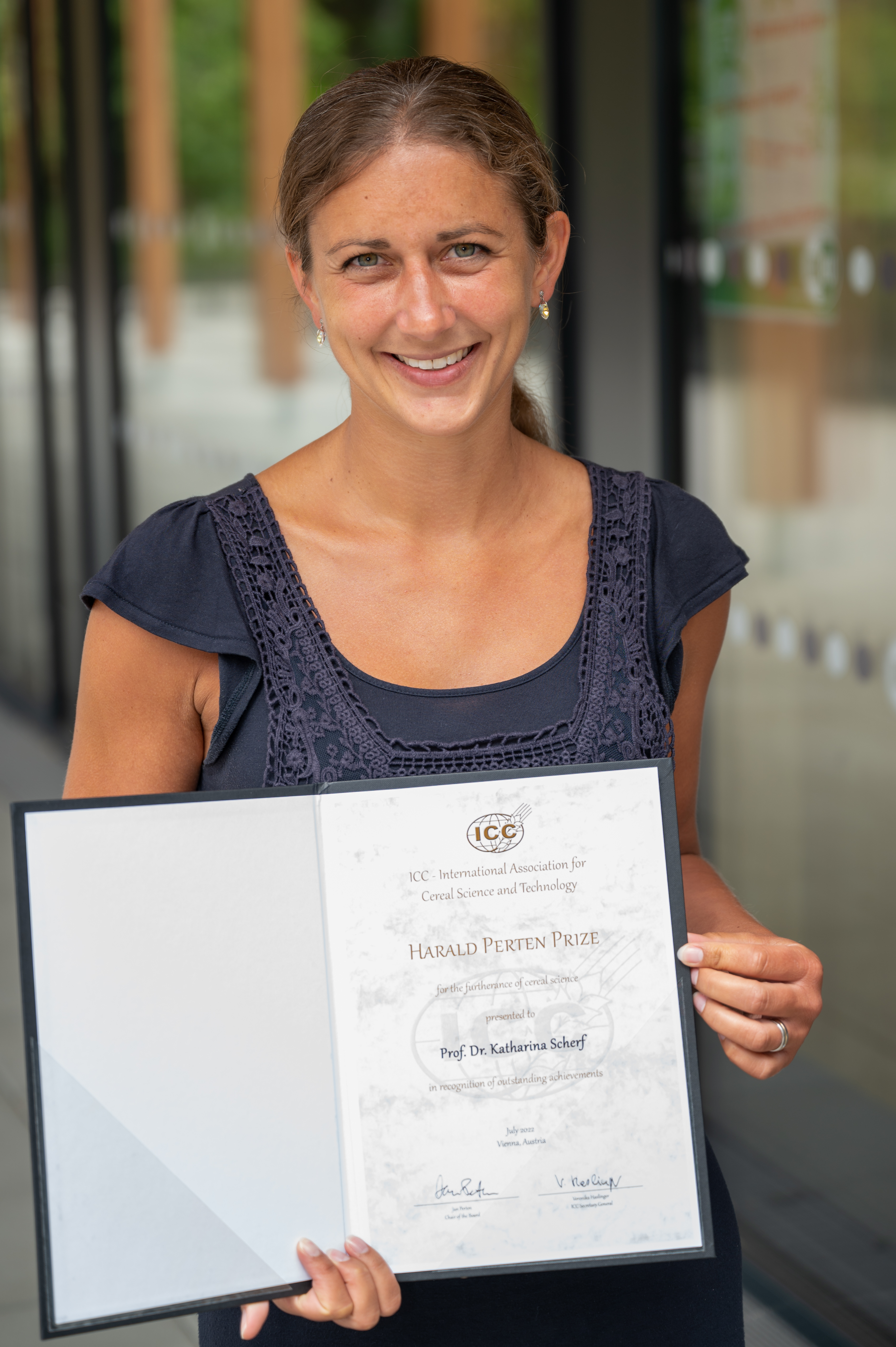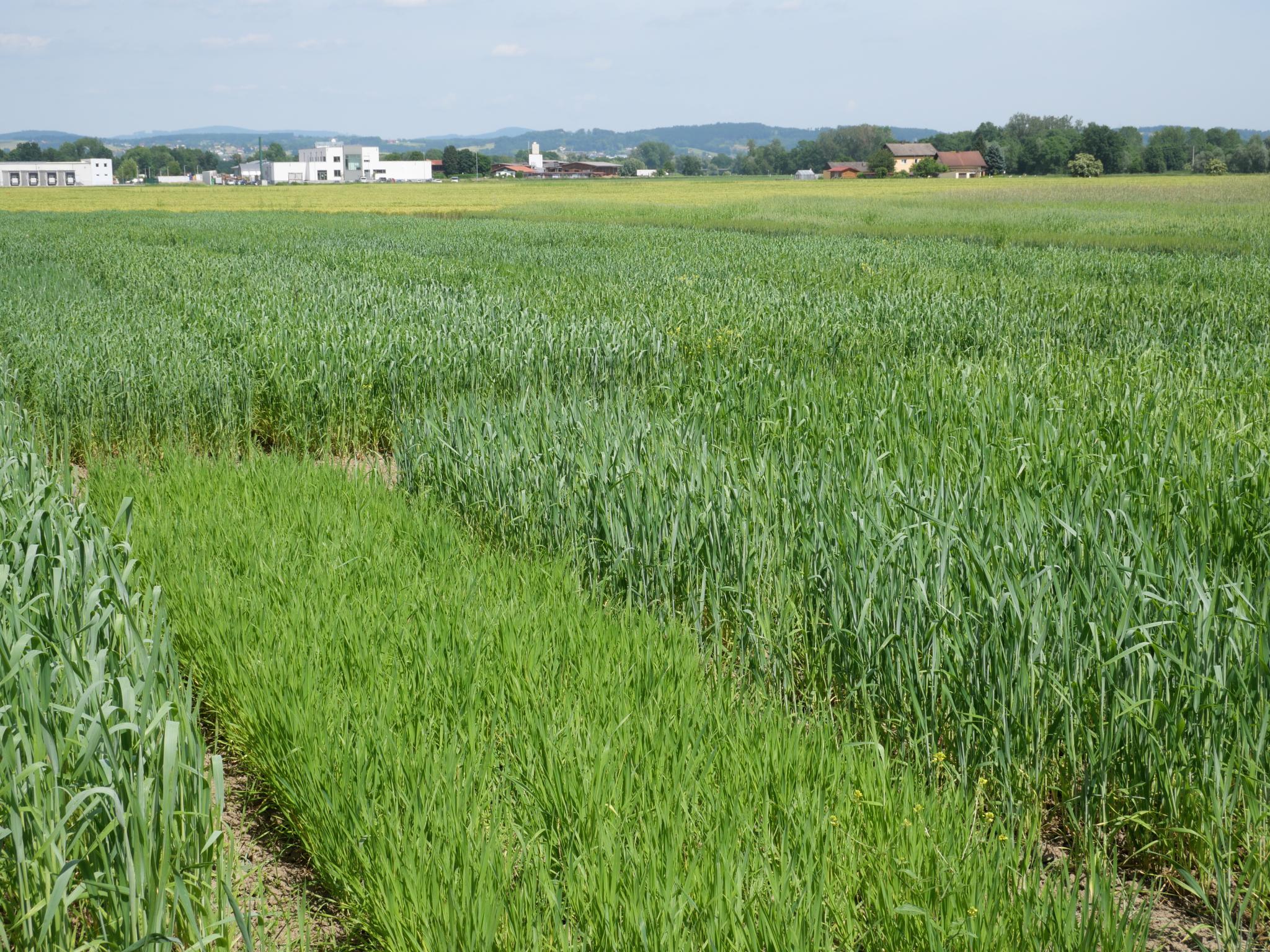News archive
2022
DECEMBER
New paper in Food Chemistry
As result of our successful collaboration with the cereal research group at Budapest University of Technology and Economics, we characterized 32 rye cultivars by RP-HPLC, gel permeation HPLC and R5 and G12 ELISA. Seven cultivars were selected for reference material production based on cluster analysis, geographical origin and availability to comprehensively cover the diversity of rye. The full text is available here: doi: 10.1016/j.foodchem.2022.135148
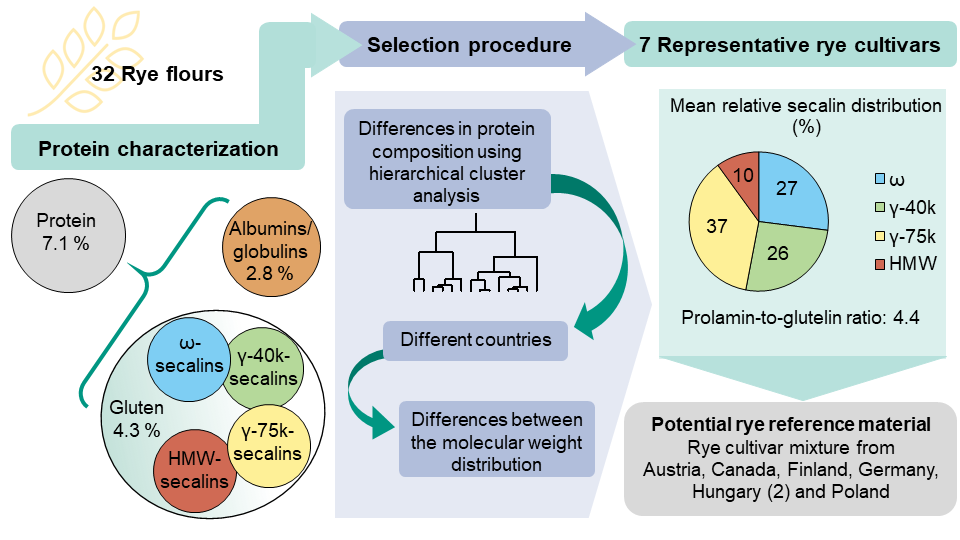
We say goodbye to Bianka Bohnacker and to Melanie Leitner who supported two of the projects in our group. We wish them all the best for the future!
NOVEMBER
Melanie Leitner joins our group as a scientific assistant. Welcome back to our group!
OCTOBER
Our research on wheat-related disorders was discussed in the format "Science Talk" by SWR-Fernsehen in episode 3 called "Unser täglich Brot auf dem Prüfstand – wie gesund ist unser Grundnahrungsmittel?" (Our daily bread put to the test - how healthy is our staple food?) on October 16, 2022. Take a look at the full episode HERE.

New paper in Nutrients
Our interdisciplinary work shows that old and modern wheat varieties stimulate immune cells in a similar way. Therefore, wheat breeding cannot be blamed for a higher prevalence of wheat-related disorders. The full text is available here: doi: 10.3390/nu14204257
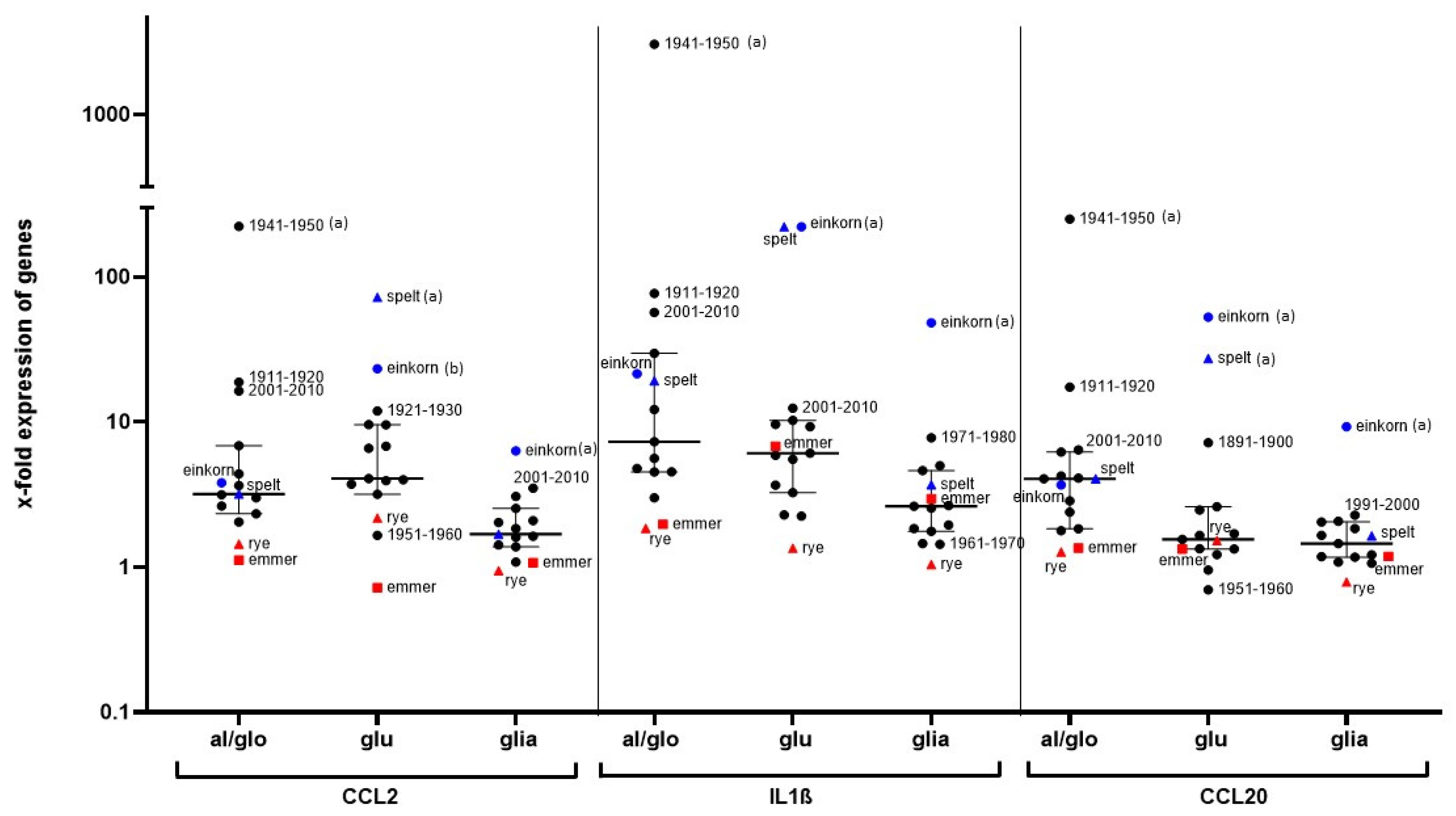
X-fold upregulation of immune stimulatory markers CCL2, IL1ß, and CCL20 in THP1 cells after stimulation with a peptic-tryptic digests of albumins/globulins (al/glo), glutenins (glu), or gliadins (glia). Figure taken unmodified from Dieterich et al. (2022), available under a Creative Commons Attribution 4.0 International License.
Kim Lorenz successfully completed her MSc thesis. Congratulations and all the best for the future!
SEPTEMBER
Marlene Fischer, Melanie Leitner, Anne-Sophie Lickvers, Katrin Maß and Helen Weihrich successfully completed their MSc theses. Congratulations and all the best for the future!
Luna Bahlo, Tobias Dietzel, Rebecca Lingenfelder, Johanna Moßburger, Kathrin Pfirrmann, Laura Stein, Jan Patrick Vollmer and Judith Wießler start their MSc theses. Welcome to our group!
New paper in Food Chemistry: X
Lipases are commonly used as clean-label improvers for bread. We analyzed the effects of seven baking lipases on three different cake formulations (an eggless cake, a pound cake with eggs and a yeast-based cake) in comparison to a traditional emulsifier. Lipase-induced effects mostly exceeded those of the emulsifier and were most pronounced in formulations without intrinsic emulsifiers like eggs. The lipases differed in their extent of improvement, hinting at the importance of their specific reactivity patterns. The full text is available here: doi: 10.1016/j.fochx.2022.100442
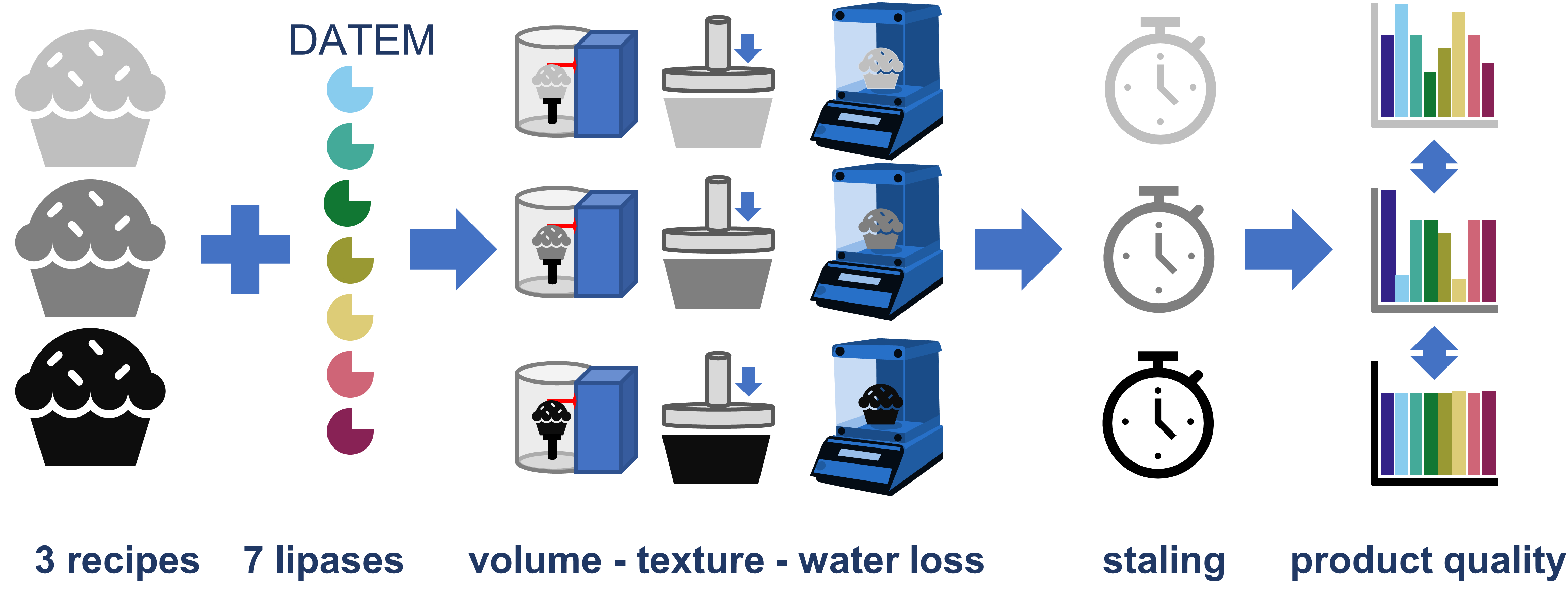
New paper in LWT - Food Science and Technology
Lipases with suitable substrate specificity are needed to minimize the release of short-chain fatty acids that may cause undesirable off-flavors in fine bakery goods. The broad spectrum of lipase substrate specificities seen in the p-nitrophenyl-assay was not apparent in the patterns of free fatty acids (FFA) released from model emulsions. There, all lipases released similar percentages of FFA depending on the fat and emulsifier used. The full text is available here: doi: 10.1016/j.lwt.2022.113914
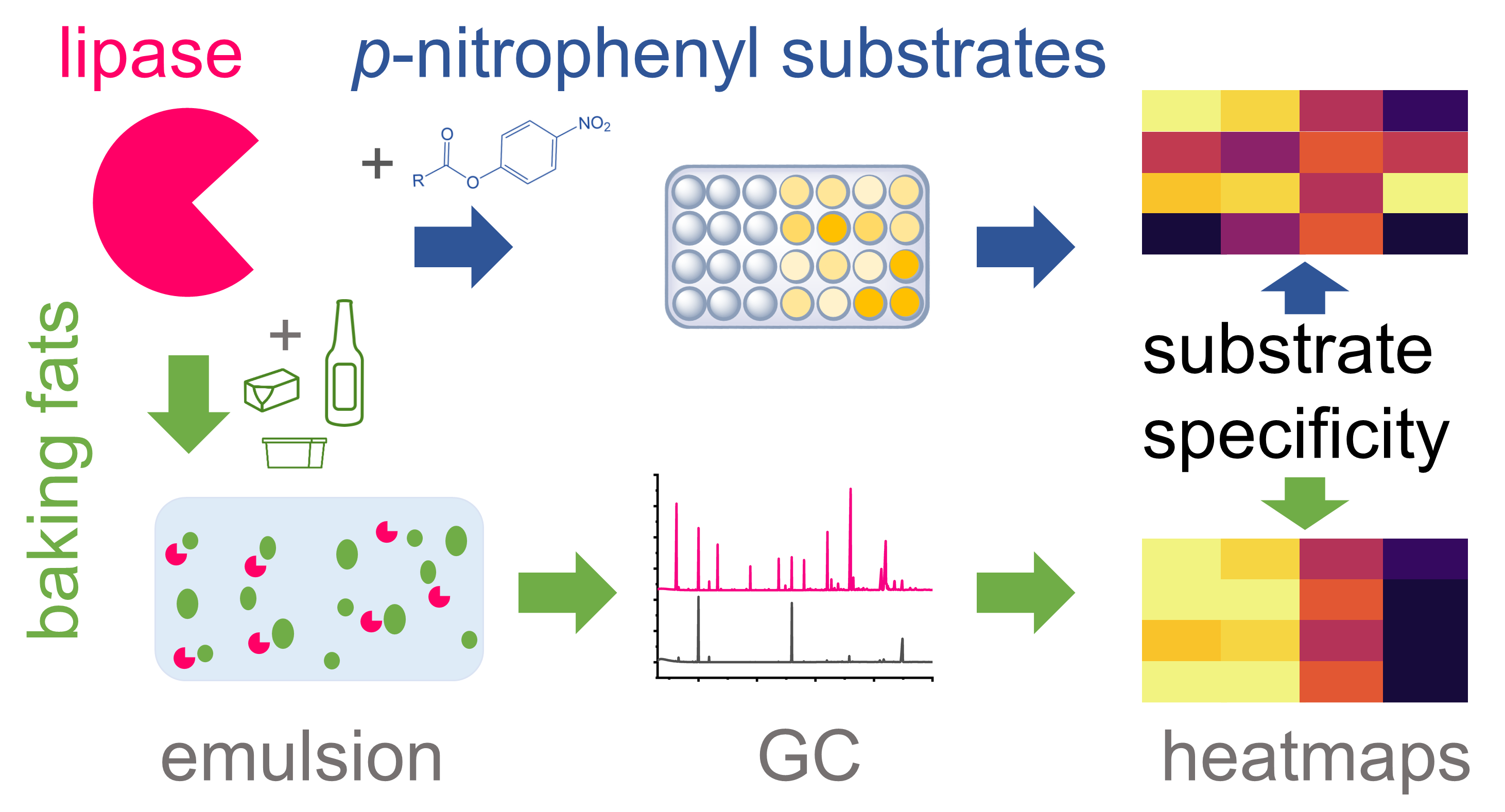
AUGUST
New paper in Frontiers in Plant Science
Quantitation of amylase/trypsin-inhibitors (ATIs) in wheat is still a challenge. A selection of ATIs was silenced in the common wheat cultivar Bobwhite and durum wheat cultivar Svevo by RNAi and gene editing, respectively, in order to reduce the amounts of ATIs. All lines were analyzed by LC-MS/MS with one targeted method using stable isotope labelled peptides and four different approaches for relative quantitation. The full text is available here: doi: 10.3389/fpls.2022.974881
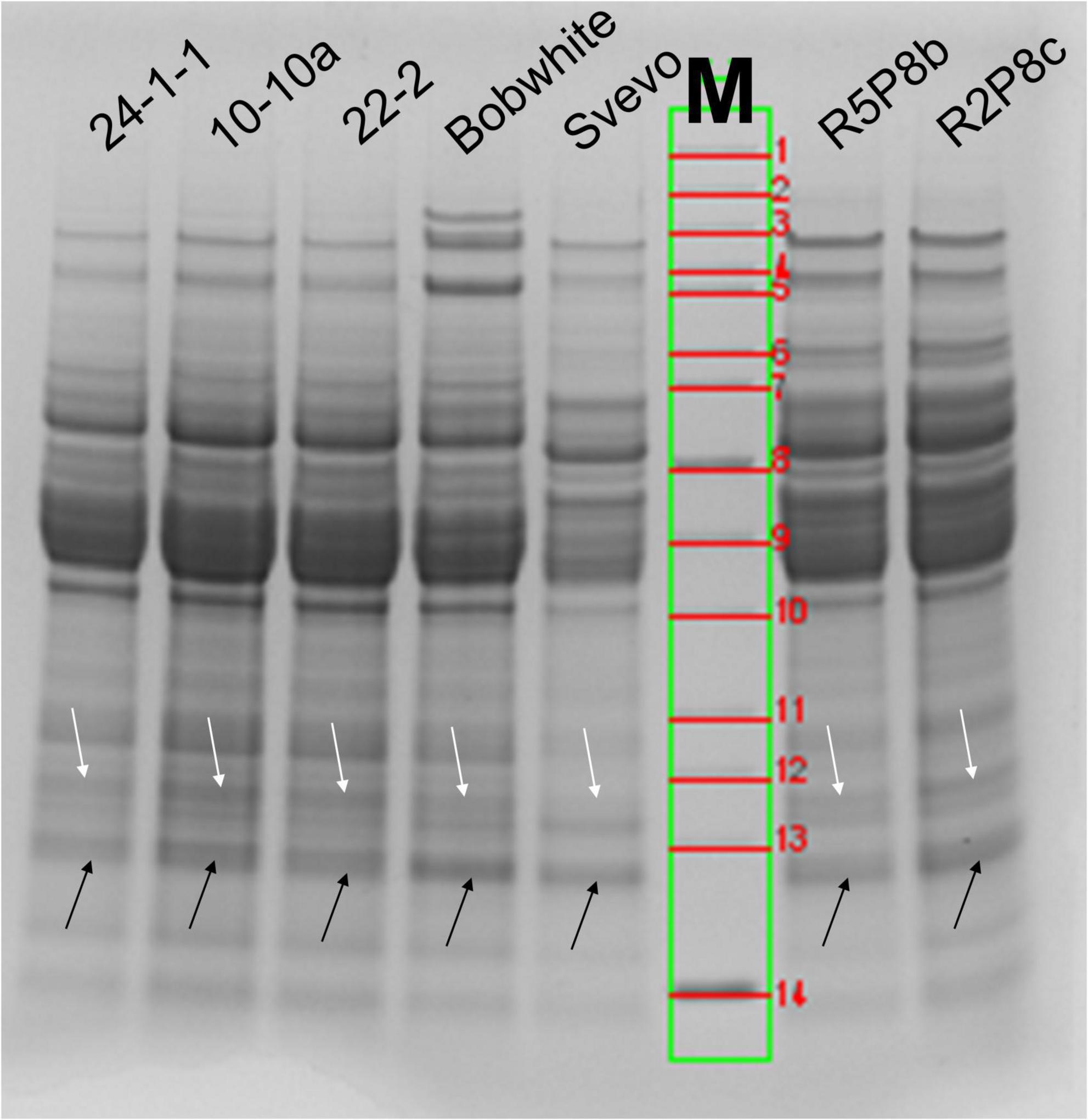
SDS-PAGE of wheat extracts. White arrows correspond to the band over 15 kDa (CM3) and black arrows below 15 kDa (all other ATIs). Figure taken unmodified from Geisslitz et al. (2022), available under a Creative Commons Attribution 4.0 International License.
Eleonora Tissen starts her PhD thesis on the "Detection of partially hydrolyzed gluten in foods". Welcome (again) to our group!
JULY
Harald Perten Prize 2022 awarded to Katharina Scherf
The Harald Perten Prize of the International Association for Cereal Science and Technology (ICC) recognizes and rewards outstanding achievements in science, research, teaching or transmission of knowledge which serve the cereal sciences and technology, primarily recognizing practical applications in the areas of starch, gluten and enzymes. Awarded every second year, this year's prize goes to Katharina Scherf and it was handed over at the ICC2022 Conference in July 2022. Find out more HERE.
Eleonora Tissen joins our group as a scientific assistant. Welcome to our group!
MAY
Bianka Bohnacker joins our group as a scientific assistant. Welcome to our group!
MARCH
ERC Starting Grant for Katharina Scherf
Wheat-related diseases such as celiac disease or wheat allergies are increasing in the population. The causes for this increase are still unknown, but involve the intricate interaction of proteolytically resistant gluten immunoreactive peptides from wheat, rye and barley, the human immune system and yet unknown adjuvants. The exact molecular structures of gluten immunoreactive peptides that occur in the human body, for example after the consumption of wheat products, are not yet known, because specific analytical methods are lacking. The GLUTENOMICS project (Tracking gluten immunoreactive peptides from the grain to the gut and beyond) aims to uncover precisely these structures. The European Research Council (ERC) has awarded the Starting Grant with up to 1.5 million Euro for five years to Katharina Scherf. Find out more HERE.
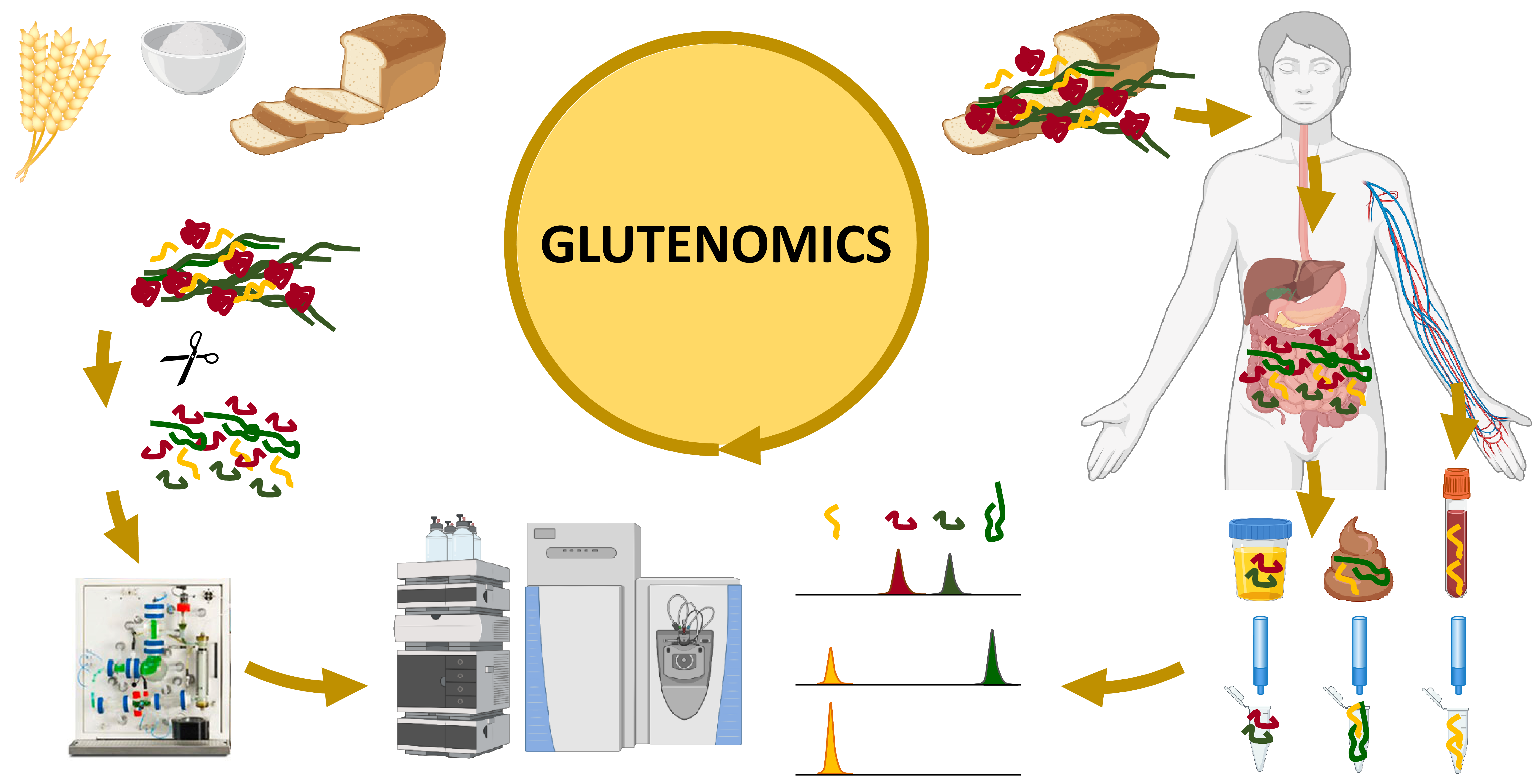
Lisa Geißendörfer and Eleonora Tissen successfully completed their MSc theses. Congratulations and all the best for the future!
Marlene Fischer, Melanie Leitner, Anne-Sophie Lickvers, Kim Lorenz, Katrin Maß and Helen Weihrich start their MSc theses. Welcome to our group!
Our research related to wheat and baking was featured in "alles wissen" by HR-Fernsehen in the part called "Das Geheimnis guter Brötchen" (The secret of good bread rolls) on March 17, 2022. Take a look at the full episode HERE.
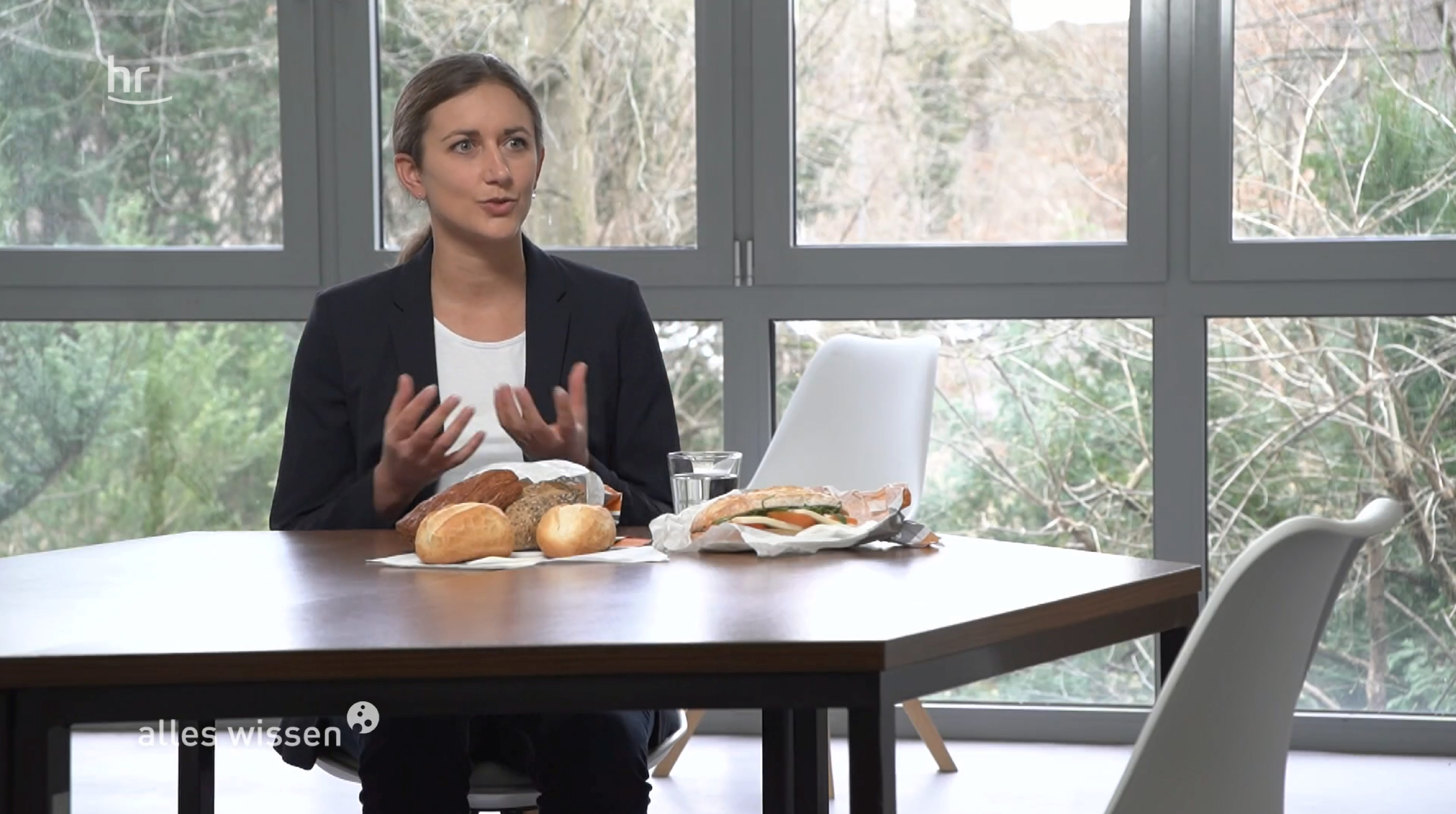
New paper in European Journal of Nutrition
Amylase/trypsin inhibitors (ATIs) are widely consumed in cereal-based foods and have been implicated in adverse reactions to wheat exposure, such as respiratory and food allergy, and intestinal responses associated with coeliac disease and non-coeliac wheat sensitivity. This review summarizes our current knowledge of these proteins, focusing on features which relate to their biological activity and identifying gaps in our knowledge and research priorities. The full text is available here: doi: 10.1007/s00394-022-02841-y
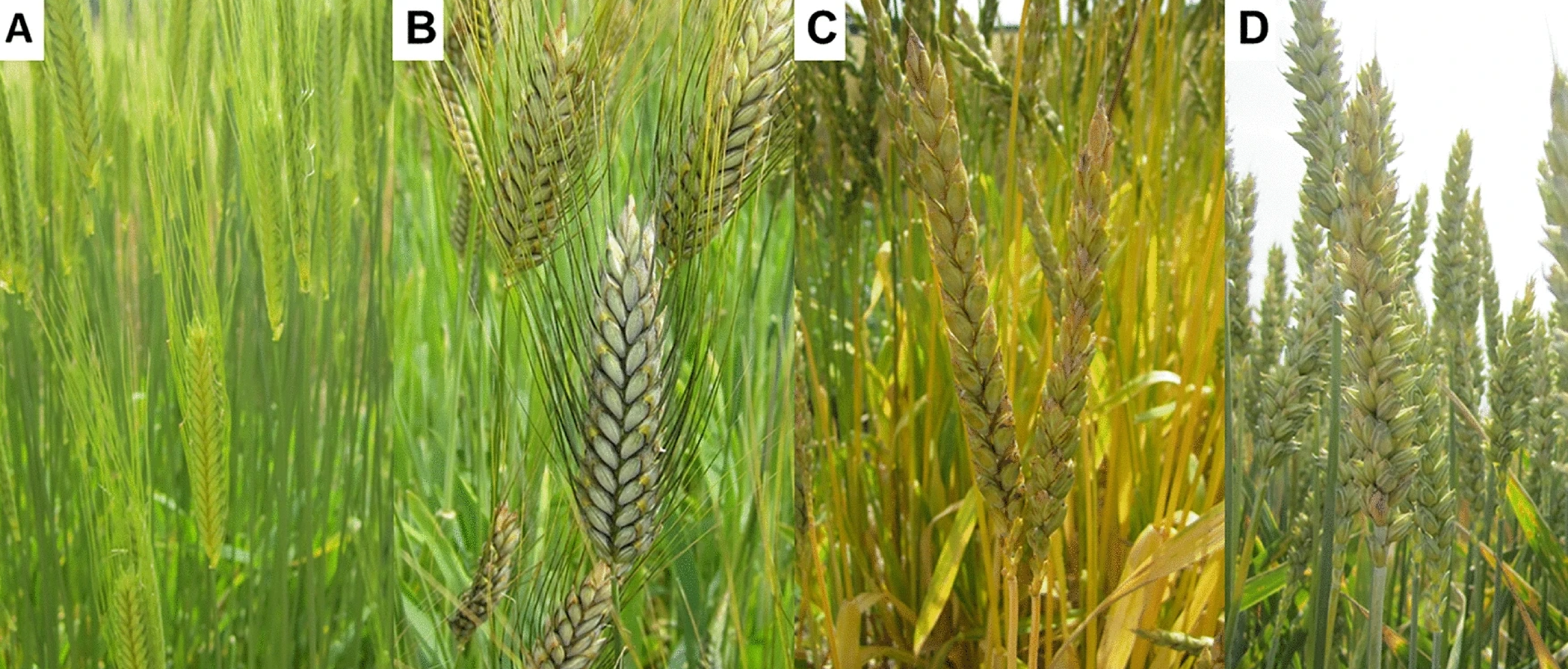
Ears of einkorn (A), emmer (B), spelt (C) and modern wheat (D). Photos: S. Geisslitz. Figure taken unmodified from Geisslitz et al. (2022), available under a Creative Commons Attribution 4.0 International License.
FEBRUARY
We say goodbye to Melanie Leitner who supported our project on the gluten network structure of spelt and emmer and we wish her all the best for her upcoming MSc thesis in our group!
2021
DECEMBER
Christina Hempel joins our group and will start her PhD thesis on the "Gluten network in spelt and emmer". Welcome to our group!
We say goodbye to Annika Schmidtke who supported several projects as a scientific assistant and we wish her all the best for her future!
The new S2k Guideline for Diagnosis and Therapy of Celiac Disease of the German Society for Gastroenterology, Digestive and Metabolic Diseases (Deutsche Gesellschaft für Gastroenterologie, Verdauungs- und Stoffwechselkrankheiten, DGVS) is available HERE. Thank you to all authors and collaborators, especially all experts in the "Therapy of Celiac Disease" group, for this important contribution to help improve early recognition and management of celiac disease.
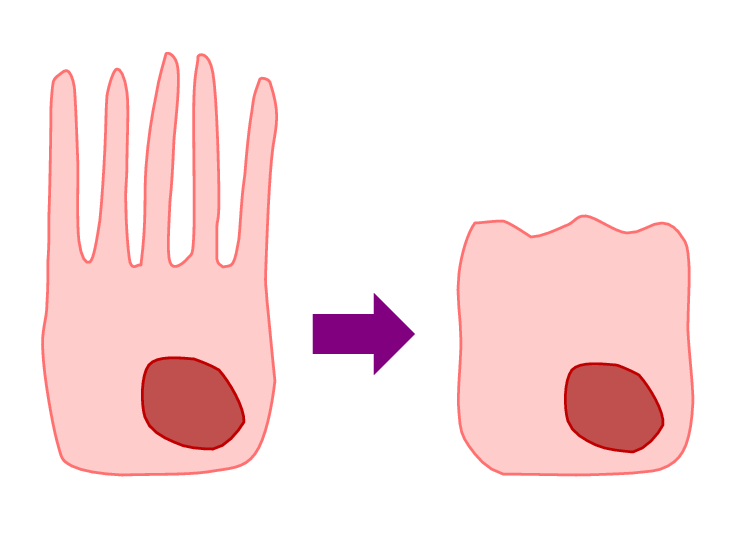
Our baking lab was featured in "alles wissen" by HR-Fernsehen in the part called "Backen ohne Zucker und Mehl" (Baking without sugar and flour) on Dec. 16, 2021. We show how the different ingredients of a typcial cake recipe, such as eggs and sugar, act in the dough. Take a look at some of the chemistry of baking HERE.
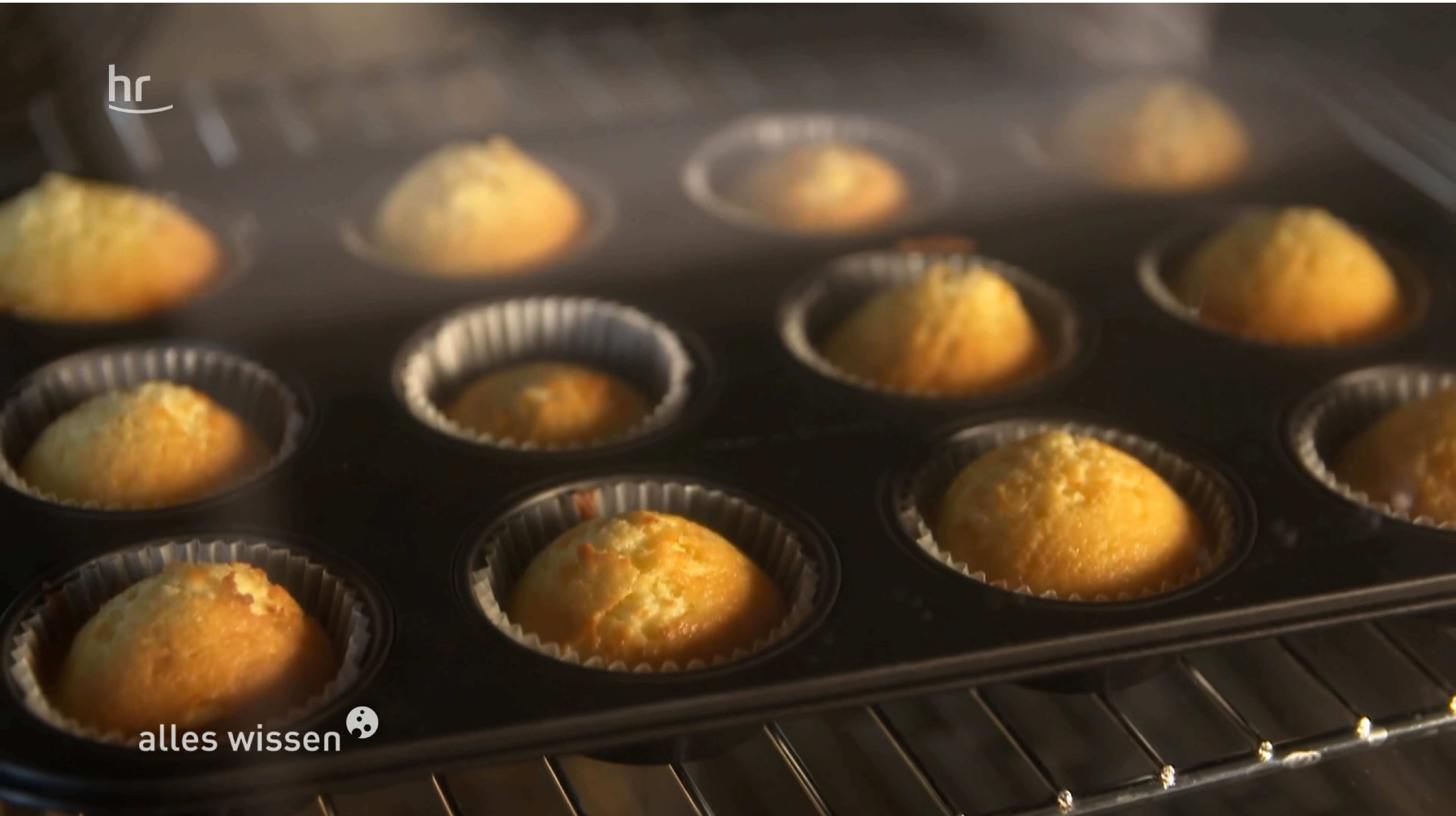
NOVEMBER
Sabrina Geisslitz joins the Editorial Board of Cereal Chemistry as an Associate Editor. In her new role she is responsible for handling manuscripts all the way from submission to final decision. We wish her many high-quality manuscripts!
Katharina Scherf joins the Associate Editor team for the Journal of Agricultural and Food Chemistry. Having served as an Editorial Advisory Board member for the journal since 2019, she takes up this role together with two more new colleagues, John Munafo and Min-Hsiung Pan. Find out more in the editorial to volume 70, issue 1, HERE.
Melanie Leitner joins our group as a scientific assistant. Welcome to our group!
OCTOBER
Sabrina Geisslitz shares insights on gluten, wheat and wheat-related disorders in the Podcast Wissen Weekly: Gluten, Lactose & Co: Where do our food-related disorders come from? Listen to the full episode on Spotify HERE.
SEPTEMBER
Lisa Geißendörfer and Eleonora Tissen start their MSc theses on gluten-degrading dietary supplements and on gluten-free beers. Welcome to our group!
Shpresa Musa joins our group and will start her PhD thesis on "Acrylamide reduction in cereal products". Welcome to our group!
JULY
New paper in Frontiers in Nutrition
A strict lifelong gluten-free (GF) diet is currently the only known effective treatment for celiac disease (CD). However, a GF diet tends to reduce the quality of life of CD patients and may lead to fear of inadvertent gluten consumption, especially when eating out. To help alleviate risk of gluten exposure, a portable gluten sensor was developed that allows CD patients to test foods on site prior to consumption. We evaluated the reliability of the sensor using a variety of different foods with defined gluten content and samples containing partially hydrolyzed gluten. Overall, the performance of the sensor was acceptable, but we observed systematic variation between different users that also appeared to depend on the sample being tested. The full text is available here: doi: 10.3389/fnut.2021.712992
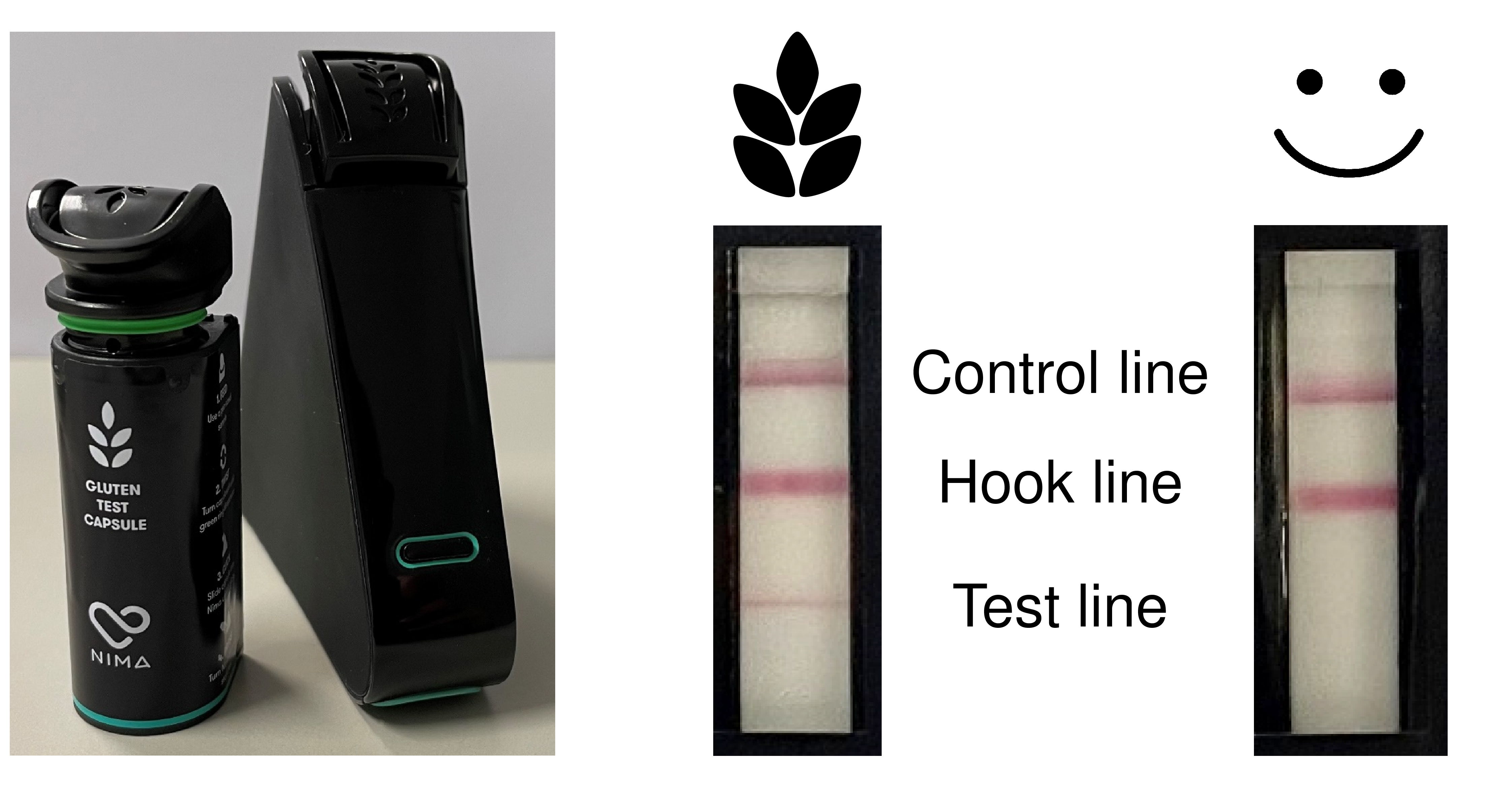
Dr. Barbara Lexhaller starts as a research fellow in our group. She will work on identifying crosslinks between transglutaminase 2 and gluten peptides in the context of celiac disease. Welcome to our group!
JUNE
Our BMEL-funded project ReBIOscover has started! Together with our partners, we aim to intensify research on old wheat, rye and barley landraces and test them in practice with the support of mills and bakeries. We will analyse the ingredients of different grain varieties and produce organic food specialities with special aroma and taste qualities and improved processing properties. Find more information in the full press release... (in German)
Lukas Buck joins our group and will start his PhD thesis on "Molecular analysis of flour fractions and extracts to predict wheat baking properties". Welcome back to our group!
Annika Schmidtke joins our group as a scientific assistant. Welcome back to our group!
MAY
Lukas Buck, Stefanie Hofmann and Annika Schmidtke successfully completed their MSc theses. Congratulations and all the best for the future!
MARCH
Patrick Gröger starts his MSc theses on the effect of different lipases on dough and baking properties of fine bakery goods. Welcome to our group!
FEBRUARY
Nora Jahn joins our group and will start her PhD thesis on "Rediscovery of regional ancient grain varieties". Welcome back to our group!
JANUARY
Sarah Jöstl continues her PhD thesis on "α-Amylase/trypsin inhibitors in rye and barley products". Welcome to our group!
Ruben Spohrer joins our group as a chemical-technical assistant and will work on different projects. Welcome to our group!
2020
DECEMBER
Nora Jahn and Alena Maric successfully completed their MSc theses. Congratulations and all the best for the future!
NOVEMBER
Lukas Buck and Annnika Schmidtke start their MSc theses on comparative analysis of proteins from different wheat species and on new extractions for cereal protein fractionation. Welcome to our group!
OCTOBER
Nina Höller and Christine Kämper start their PhD theses on the "Relationship between process parameters, structure and functionality of vital gluten" and on "Untargeted and targeted proteomics analysis of wheat related to baking quality". Welcome to our group!
SEPTEMBER
New paper in Scientific Reports
The ancient wheat species einkorn, emmer and spelt are cultivated in very low amounts compared to the modern wheat species e.g. common (bread) wheat. Some consumer report that they feel more comfortable with ancient wheat species and that they have less symptoms typical for wheat sensitivity and other intestinal disorders. One hypothesis was that the contents of amylase/trypsin-inhibitors (ATIs) increased during the development of modern wheat species. We showed by quantitation of 13 ATIs by LC-MS/MS that the ancient spelt had higher ATIs contents that common wheat independently of three growing locations. The full text is available here: doi: 10.1038/s41598-020-71413-z
JULY
New papers in Journal of Agricultural and Food Chemistry and Cereal Chemistry
Epidemiologic studies suggest an increasing prevalence of celiac disease and nonceliac gluten/wheat sensitivity. One hypothesis is that wheat breeding over the course of the last century might have caused changes in the composition of wheat proteins. To verify or falsify this hypothesis, we investigated agronomic and proteomic characteristics of a well-defined sample set comprising the 60 most widely grown winter wheat cultivars in Germany from 1891 to 2010 grown in three consecutive harvest years together with Hans Weber and Andreas Börner from the Leibniz-Institute for Plant Genetics and Crop Plant Research (IPK) in Gatersleben, Germany. At protein level, we found no evidence to support an increased immunostimulatory potential of modern wheats compared to old wheat. A new data evaluation approach allowed us to map the protein fingerprints of the different cultivars in greater detail and to identify exceptional samples. The full texts are available here: doi: 10.1021/acs.jafc.0c02815 ![]() and here: doi: 10.1002/cche.10323
and here: doi: 10.1002/cche.10323 ![]()
New book
Our book "Wheat - An Exceptional Crop: Botanical Features, Chemistry, Utilization, Nutritional and Health Aspects" is available now. We discuss the benefits of wheat from a wheat science, nutrition and technology perspective and provide an overview of adverse reactions to wheat. Find out more here: ISBN 9780128217153
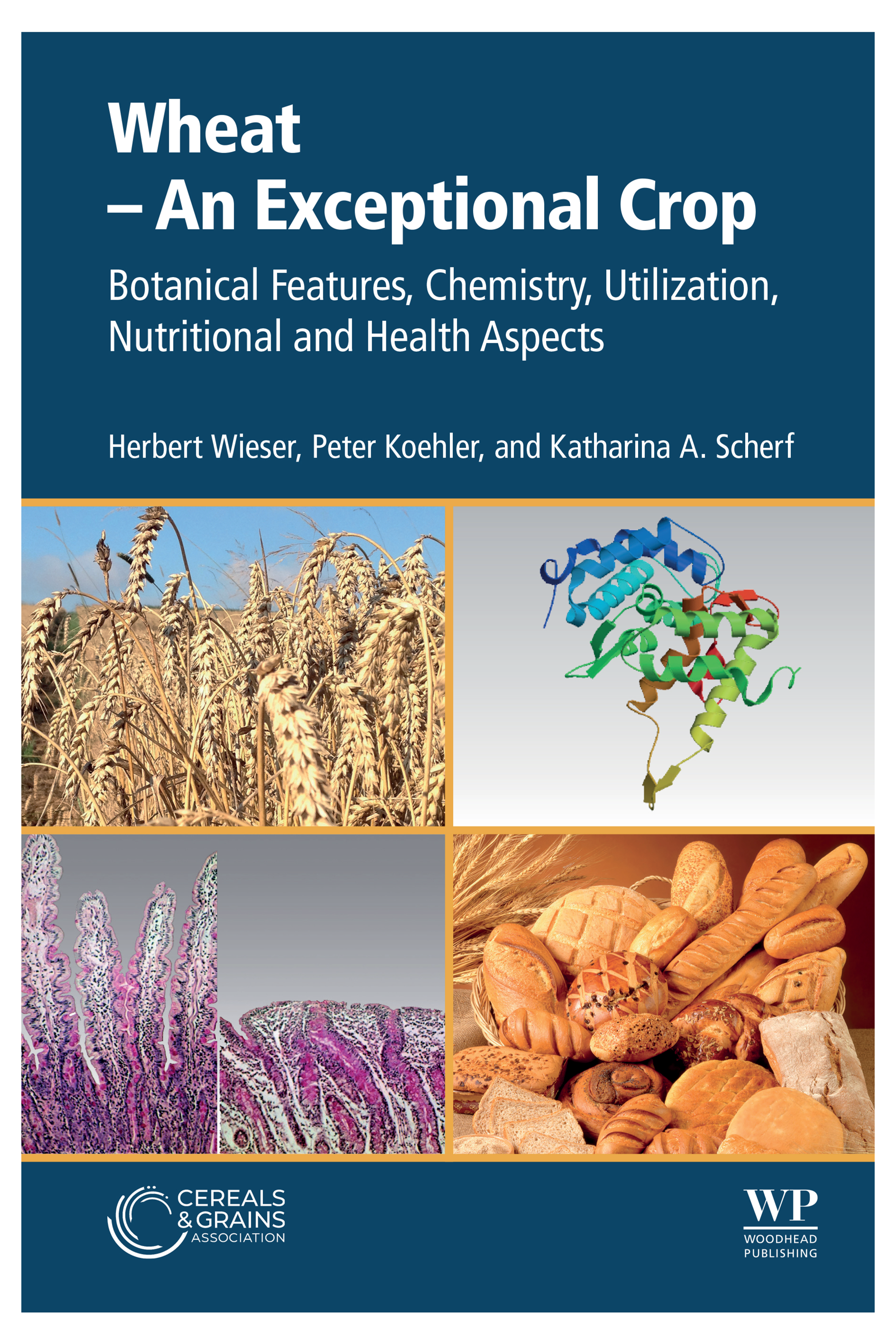
JUNE
New paper in Frontiers in Plant Science
As a result of our successful collaboration over many years, our joint paper together with Eszter Schall, Zsuzsanna Bugyi, Kitti Török, Peter Koehler, Regine Schoenlechner and Sándor Tömösközi was just accepted today in Frontiers in Plant Science. We report our work entitled "Further steps towards the development of gluten reference materials – wheat flours or protein isolates?". The full text will be available soon here: doi: 10.3389/fpls.2020.00906 ![]()
MAY
New book chapter in the Reference Module in Food Science
Our invited contribution entitled "Proteomics in Food Quality" in the Reference Module in Food Science is now available online. Dr. Sabrina Geisslitz and I provide an overview of proteomics techniques and definitions of food quality and discuss interesting applications of proteomics to study milk and dairy products, eggs, meat and cereals. Find out more here: doi: 10.1016/B978-0-08-100596-5.22762-5 ![]()
MARCH
Heidi Strumpf starts as a secretary and will take care of all sorts of administrative tasks and support all of us as our competent contact person. Welcome to our group!
Nora Jahn and Alena Maric start their MSc theses on α-amylase/trypsin inhibitors and gluten detection. Welcome to our group!
FEBRUARY
New paper in Frontiers in Nutrition
Our collaborative paper from the Prolamin Working Group (PWG), namely Carlo Catassi, Fernando G. Chirdo, Paul J. Ciclitira, Conleth Feighery, Carmen Gianfrani, Frits Koning, Knut E. Lundin, Detlef Schuppan, Marinus J. Smulders, Olivier Tranquet, Riccardo Troncone and Peter Koehler, entitled "Recent progress and recommendations on celiac disease from the Working Group on Prolamin Analysis and Toxicity" was just accepted today in Frontiers in Nutrition. Based on the current state of knowledge, this perspective from the PWG members provides recommendations regarding clinical, analytical and legal aspects of celiac disease. The full text will be available soon here: doi: 10.3389/fnut.2020.00029 ![]()
JANUARY
Sabrina Geißlitz receives the scientific award of the Association of German Industrial Bakeries
On January 17, 2020, Dr. Sabrina Geißlitz was awarded with the scientific award of the Association of German Industrial Bakeries (Verband Deutscher Großbäckereien e.V.) during the 49th Scientific information meeting of the Berlin-Brandenburg Association for Grain Research (Berlin-Brandenburgische Gesellschaft für Getreideforschung e.V.) in Berlin, DE. The prize honors her excellent PhD thesis entitled "Proteins of einkorn, emmer and spelt: Influence on baking quality and role in wheat-related hypersensitivities".
Press release of the Verband Deutscher Großbäckereien e.V.
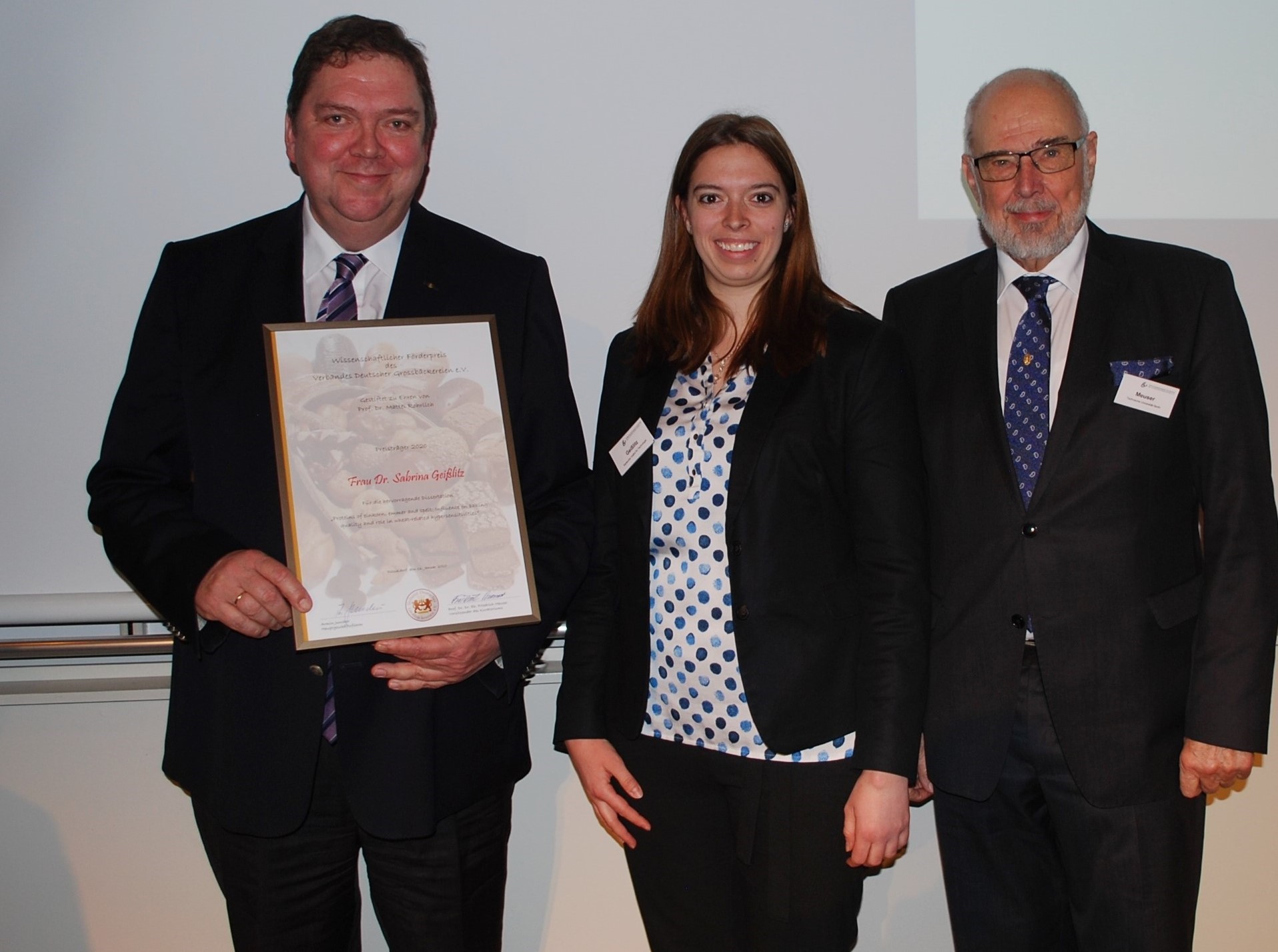
Presentation of the award to Dr. Sabrina Geißlitz by the managing director of the Association of German Industrial Bakeries, Armin Juncker (left) and Prof. Dr. Dr. Friedrich Meuser (right). © Verband Deutscher Großbäckereien e.V.
Dr. Sabrina Geißlitz starts as a research fellow in our group. Her research focuses on technofunctional, analytical and health-related aspects of ancient cereals such as spelt, emmer and einkorn. Welcome to our group!
2019
DECEMBER
Charlotte Stemler starts her PhD thesis on “Substrate specificities of baking lipases in fine bakery goods”. Welcome to our group!
OCTOBER
New paper in Frontiers in Plant Science
Our review together with Thais O. Alves, Carolina T. S. D'Almeida and Mariana S. L. Ferreira entitled "Modern approaches in the identification and quantification of immunogenic peptides in cereals by LC-MS/MS" was just accepted today in Frontiers in Plant Science. We discuss the main proteomic techniques used in the identification and quantitation of gluten peptides related to celiac disease activity and wheat-related allergies. Read the full text here: doi: 10.3389/fpls.2019.01470 ![]()
SEPTEMBER
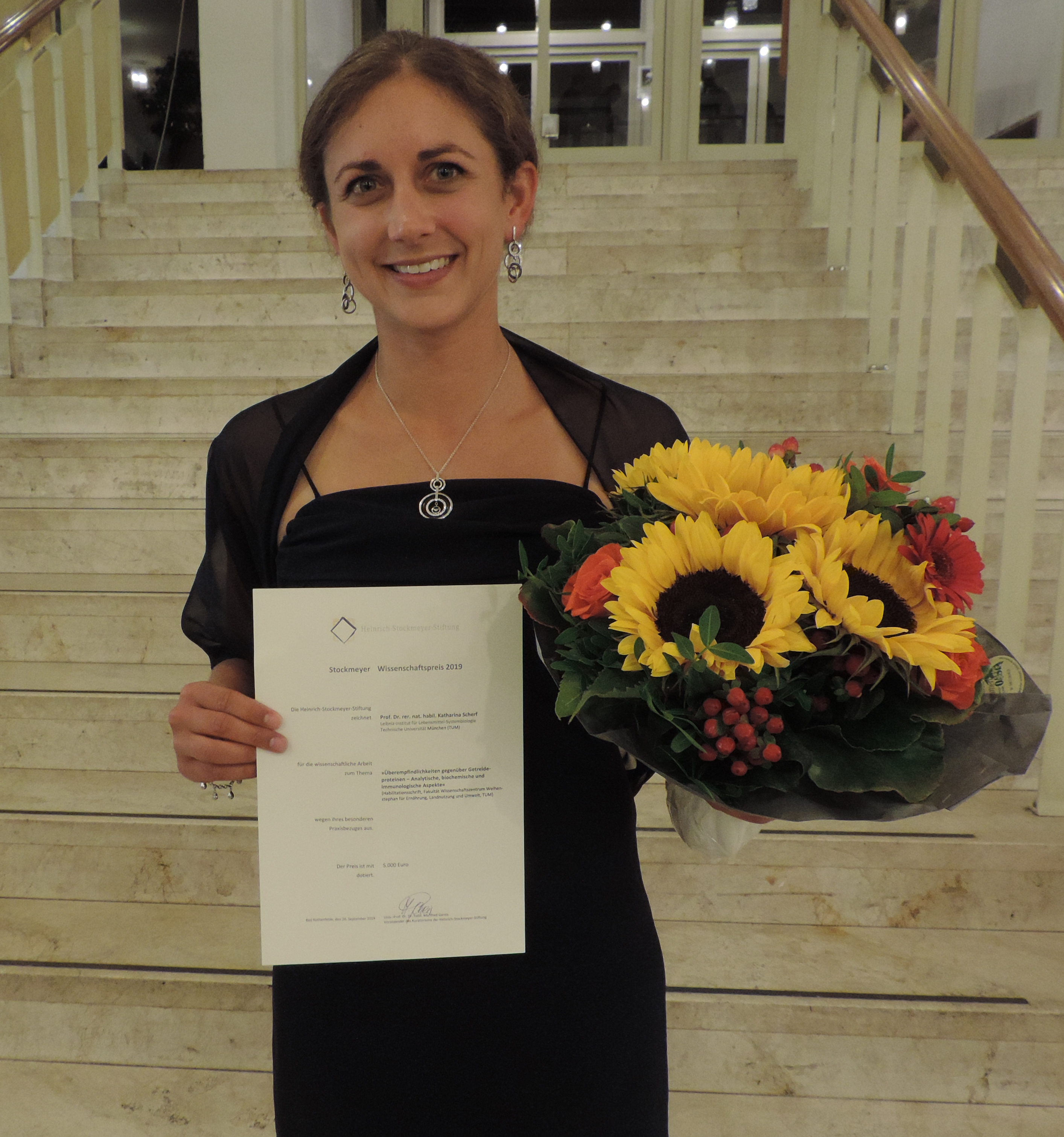
On September 26, 2019, Katharina Scherf was awarded with the Science Award of the Heinrich-Stockmeyer-Foundation (Wissenschaftspreis der Heinrich-Stockmeyer-Stiftung) during the 59th Food Hygiene Workshop in Garmisch-Partenkirchen, DE. The award recognizes outstanding research projects in food sciences and is endowed with 5000 Euros. In accordance with the purposes of the Foundation, the award-winning projects offer practical solutions and application-oriented research to improve food safety and consumer protection as well as to strengthen consumer trust in food quality and safety. Scherf receives the prize for her habilitation thesis and, more specifically, for the development of a new test to detect gluten in cereal products that is already commercially available and more accurate than previously used methods.
AUGUST
Majlinda Xhaferaj starts her PhD thesis on “Improved reference materials for the analysis of gluten from wheat, rye and barley”. Welcome to our group!
Together with Alberto Caminero, Michelle Colgrave and Melanie Downs, Katharina Scherf is Guest Editor for the Research Topic “Gluten, from plant to plate: Implications for people with celiac disease” in Frontiers in Plant Science and Frontiers in Nutrition (Frontiers, Lausanne, Switzerland). The deadline for manuscript submission is August 16, 2019.

